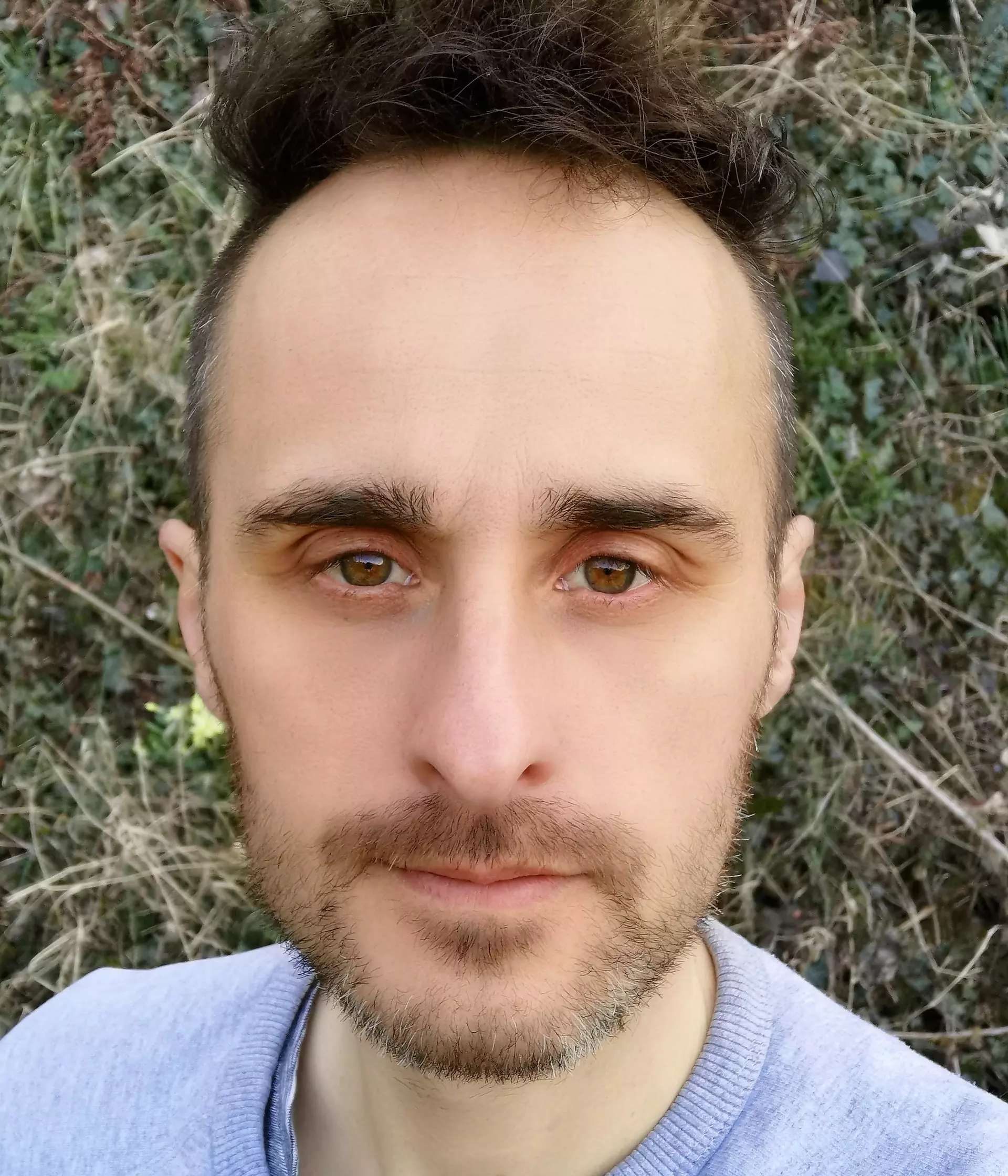Climate change
Biodiversity
Land-use Change
Quantitative modelling
Dr David Redding's research focuses on understanding the broad-scale impact of global change processes (climate change, land-use change, socio-economic development) on people and biodiversity.
He examines this problem from the perspective of diseases caught from wild animals (also called 'zoonoses', e.g. Ebola, Lassa Fever, coronaviruses) and species that are moved about by people (called alien or invasive species). Both these issues cause a significant societal impact that affects the lives of many millions of people around the world.
David's work examines the interaction between people and biodiversity and provides recommendations about how we can design landscapes where people and biodiversity can prosper with fewer negative repercussions, for example, by reducing animal-borne disease outbreaks.
"I am keen to develop the tools and connections to translate my research quantifying risk into useful policy and management recommendations. I am working with industry partners and government agencies to further develop this aspect of my work, and hope to influence future public health and environmental management actions that have positive impacts on people and biodiversity."
There is increasing evidence that how we interact with the environment will dictate how often and how severe future pandemics will be. To examine such interactions it is important to step outside established research silos and develop truly interdisciplinary links. David is always keen to hear from people working across different fields (e.g. medicine, social science, public health, environmental management, policy design etc.) to help improve the breadth of his understanding of how to implement complex solutions to such compound problems.
